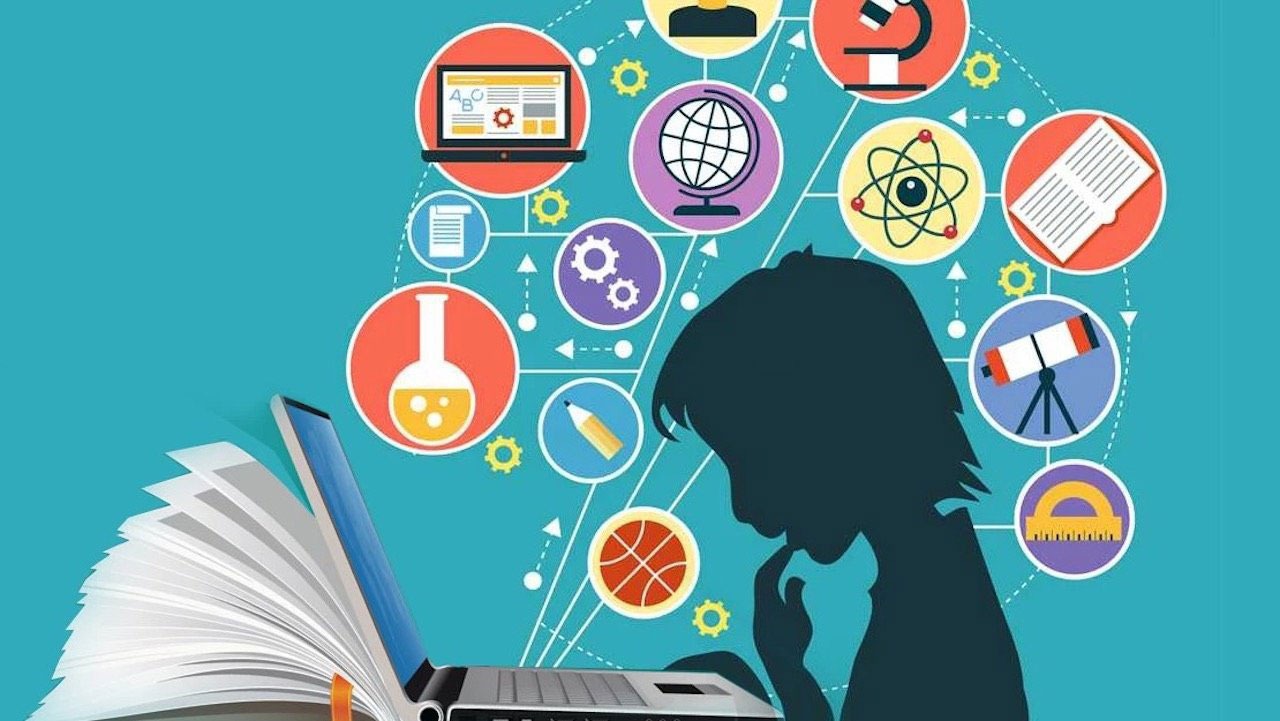In a constantly evolving world, sustainable education is increasingly recognized as one of the most powerful levers for sustainable development. However, in many developing countries, access to quality education remains a significant challenge. Factors such as poverty, lack of infrastructure, and the absence of educational resources severely limit this access. To address these obstacles, new learning methods are emerging. These methods offer innovative solutions to make education more accessible and better suited to local realities. Therefore, this article explores these innovative approaches and their potential impact on the future of young generations in these regions.
NEW TECHNOLOGIES IN SUPPORT OF SUSTAINABLE EDUCATION
Firstly, technologies play a central role in transforming sustainable education in developing countries. For instance, online learning helps overcome geographical barriers by providing accessible courses anywhere. Moreover, platforms like Coursera and Khan Academy offer free or low-cost educational content. This allows students to learn at their own pace and access programs that were previously unavailable.
Meanwhile, local initiatives are multiplying to adapt these technologies to the specific needs of communities. For example, organizations like BRCK in Africa are developing solutions for internet access in rural areas, thereby facilitating the use of online learning tools. In addition, the introduction of mobile learning, where smartphones serve as educational tools, opens up new possibilities for students in regions with limited school infrastructure.
PROJECT-BASED LEARNING: A PRACTICAL APPROACH TO SUSTAINABLE EDUCATION
Furthermore, another innovative method is project-based learning. In this approach, students work on concrete projects that reflect the challenges of their community. As a result, this practical method not only helps develop academic skills but also strengthens students’ ability to solve real-world problems. They can then directly contribute to the development of their environment.
New learning methods offer a valuable opportunity to rethink sustainable education in developing countries. By integrating technology and adapting teaching approaches to local contexts, these innovations can transform the way young people access education. Thus, they acquire the skills needed to thrive. Finally, if these initiatives continue to grow and expand, they could be the key to overcoming persistent educational challenges and paving the way for a more equitable and prosperous future for all
